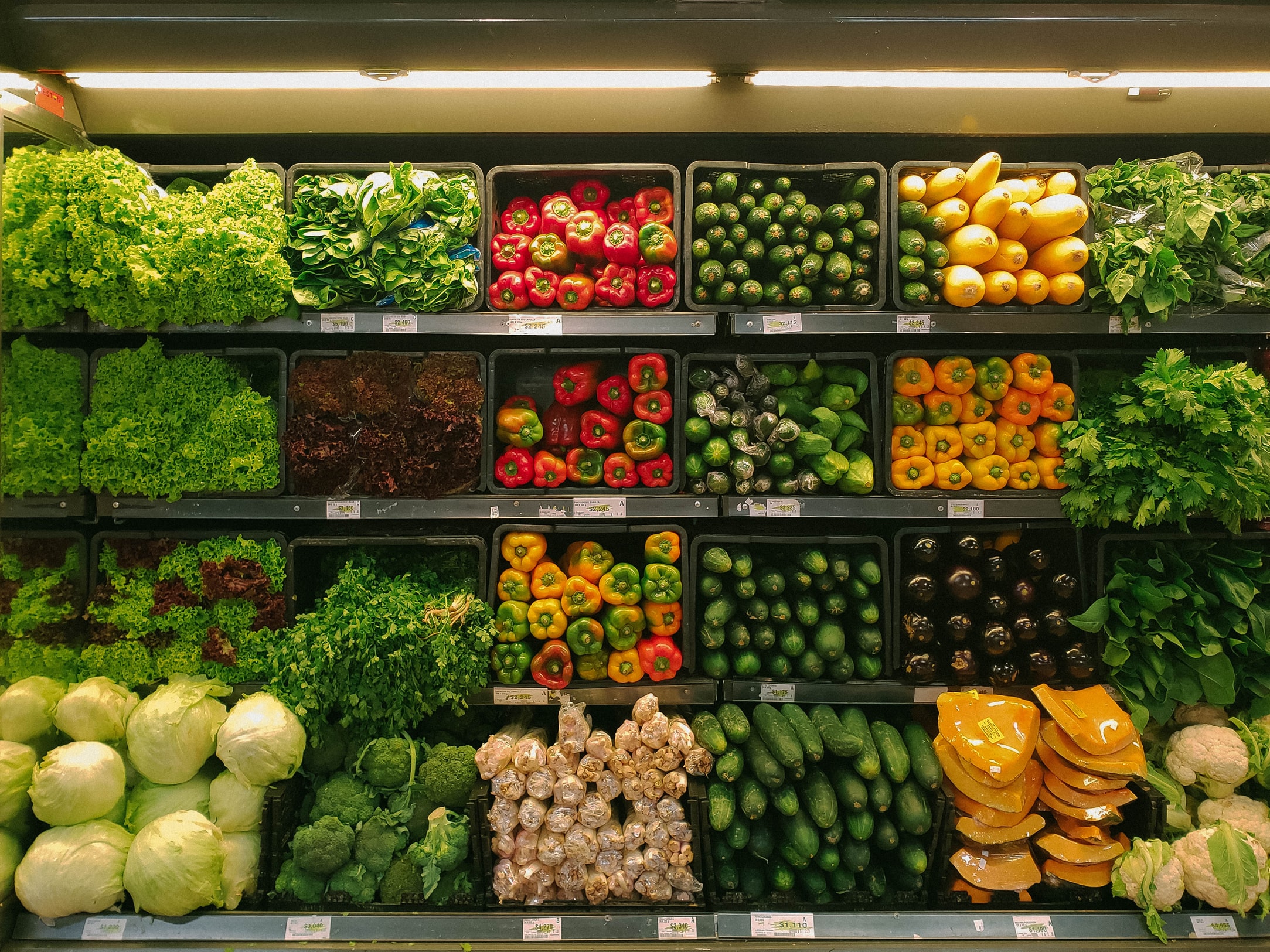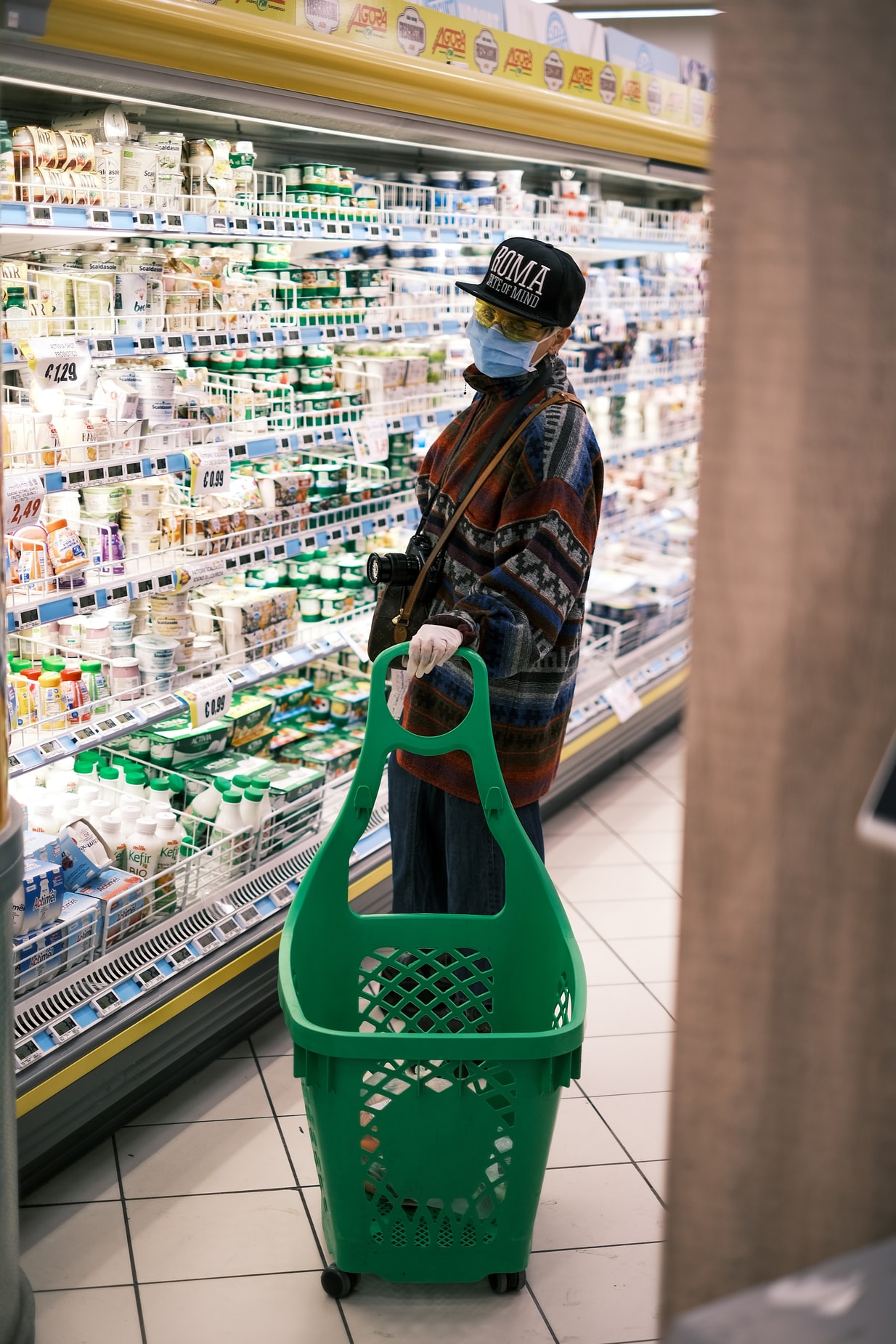Although quarantine restrictions are gradually being eased everywhere, that doesn’t mean you can be complacent about going out and doing your errands. The race for vaccines and other treatments for COVID-19 is still on, so everyone should remain ever conscious of their shopping habits.
It is a given, of course, that you go out only when you need to. You want to lessen your chances of getting infected because of unnecessary exposure to potential carriers of the coronavirus. One way to do that is to be efficient and strategic in how you make your grocery runs. Read on for tips.
Don’t Take Too Many Items with You
The fewer items you have, the less likely you are to touch or to have surfaces where droplets potentially carrying the coronavirus can stick. If possible, stick to cashless payment methods to avoid handling paper. Otherwise, just bring the essentials, and place them in a ziplock bag or cloth bag you can clean when you’re back home:
- Your wallet
- Your phone
- Keys
- Shopping list
- Alcohol or sanitizer
- Disinfecting wipes
- Face mask
- Medicine you can’t leave home without
Be mindful of what you wear too. Avoid wearing jewelry or wristwatches, and the area from the elbow and downward should be free of accessories. Wear closed shoes to avoid respiratory droplets from sticking to your feet. Put on your shoes only as you’re about to leave home.
Wear Protection
One of the things the novel coronavirus has taught us is that it is better to be safe than sorry. You could wear complete PPE on a grocery run, and no one would judge you for it.
However, PPEs can be costly and hard to produce due to growing demands. Also, they can be uncomfortable to wear. Instead of going full-on, you can settle for a pair of tear- and friction-resistant gloves. You never know who touched the items on the racks before you. Wearing gloves can reduce your chances of contact with COVID-19 and other bacteria and viruses.
Buy Only the Essentials
At the moment, the US isn’t experiencing any kind of food shortage, so it doesn’t make sense to worry too much about your food supply. Although you’re stockpiling essentials, that doesn’t mean you should hoard an inordinate number of items. Keep a shopping list with you, and stick to what’s there to avoid impulse purchases.
Hoarding, especially when many people are doing it, will cause a shortage in the supply and make it harder for others to buy their own needs. Moreover, you can’t buy too much food, especially fresh meat and produce, because they will spoil when not stored properly. Buy food that’s enough for a week or two, and try to cook meals with common ingredients so you won’t have to spend on or touch too many items at the supermarket.
If you have kids, buy them healthy snacks, and encourage them to drink lots of water instead of juice and other beverages with artificial sweeteners.
Follow the Safety Protocols at the Grocery
Photo URL:https://unsplash.com/photos/49E1OTngM5s
Most stores will require you to wear a mask, and you should still do that even if store policies may not say so. Wearing a mask will help protect not only you but also the people around you, especially the ones who are immunocompromised or are front liners.
Take note of items or surfaces that shoppers and staff may touch frequently, and disinfect such surfaces before you touch them. Use wipes, your feet, or your elbows to open the store doors. Wipe the handle of your grocery cart before you start shopping. This one is always mentioned lately, but it still bears repeating: don’t touch your face, especially when you’re still out.
Follow the policies set by your supermarket, especially when it comes to health protocols (e.g., physical distancing of at least six feet, temperature checks, using alcohol to sanitize). Otherwise, the staff may have to ask you to leave.
Sanitize and Disinfect
If you have a car, there should be a separate plastic box for your purchases and your personal items. When you arrive home, transfer those to another box, which should be stationed at your front door. You should have sanitation items ready there as well.
Clean your car and those plastic boxes regularly. Pay extra attention to items or surfaces that you often touch, disinfecting them thoroughly. Of course, wash your hands with water and soap for at least 20 seconds upon arriving home, just before you start cleaning your purchases.
Shop Online
Opting for online shopping with contactless delivery at home is also an option. Many shops are in fact encouraging online grocery shopping through the use of discount codes (see here) to reduce the number of people queuing and present in stores. Read your online grocery shop’s Covid statement to see what precautions they are taking when preparing items for delivery and if they offer contactless delivery.
Follow the previous guide on cleaning your purchases when your online shop arrives. Though these are often kept separate from the driver some covid particles may still exist on the packaging.
Other Reminders
If you’re sick, ask someone else to buy the groceries. It also helps if you have a garden and grow some of the staple ingredients (e.g., fruits and vegetables) instead. That way, you won’t have to worry about how your food is prepared and handled. If you have an abundant yield, you even have the benefit of earning profit from selling your produce online or elsewhere.
The coronavirus isn’t going away anytime soon, so you should be proactive about keeping yourself healthy. These little changes in your shopping habits are crucial because the pandemic has drastically changed how everyday activities are supposed to be done from now on. Keep safe!
What other safety precautions do you have in mind? Share your answers in the comments section.




